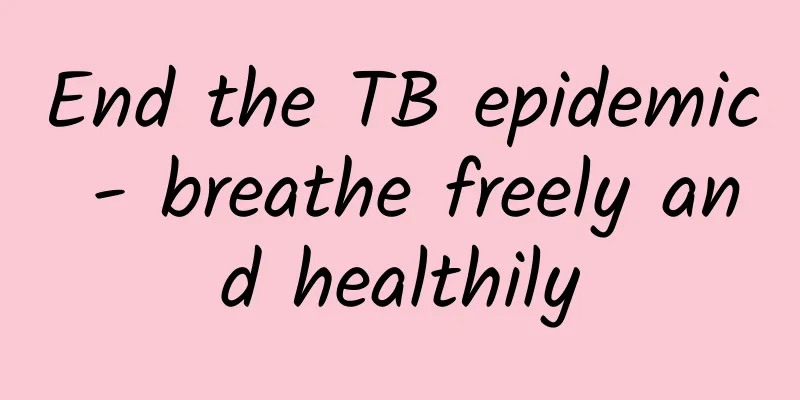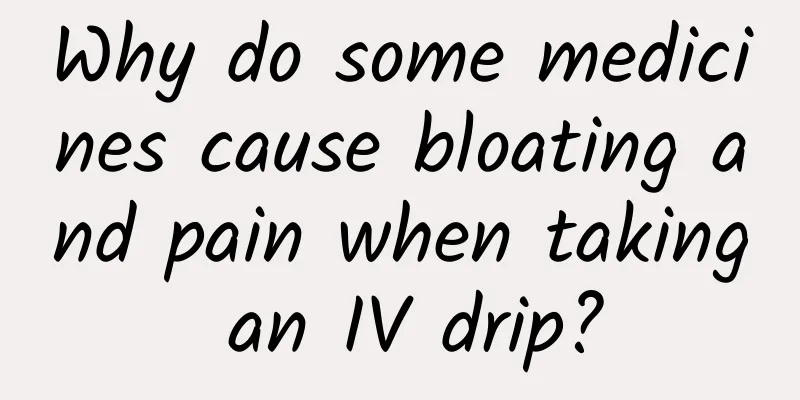For people with low folic acid levels in their bodies, supplementing 0.8 mg of folic acid daily may reduce the risk of malignant tumors caused by "stress"

|
"Cancer prevention and treatment, comprehensive action - all people, all life cycles, all society", April 15 to 21, 2023 is the 29th National Cancer Prevention and Treatment Publicity Week. The incidence and mortality of malignant tumors in China continue to rise, bringing a heavy burden to patients' families and society. Primary prevention with lifestyle intervention and risk factor prevention and control as the core is an important strategy to effectively reduce the risk of malignant tumor incidence and mortality. With the continuous progress of human society, the pace of society is getting faster and faster, and "stress" is inseparable from modern people. Studies have shown that psychological stress can increase the levels of catecholamines and cortisol in the body by activating the sympathetic nervous system and the hypothalamus-pituitary-adrenal axis, thereby inducing DNA damage; in addition, psychological stress may also affect DNA repair, induce cell transformation and tumor development. Insufficient folate levels are associated with DNA chain breaks, increased mutations, and abnormal methylation; at the same time, high homocysteine caused by low folate levels can also increase circulating cortisol levels. Therefore, we speculate that in people with insufficient folate levels, supplementing with an appropriate amount of folic acid may reduce the risk of malignant tumors caused by excessive psychological stress. Recently, "Precision Nutrition" published a large prospective study, which revealed for the first time the association between psychological stress, serum folate levels, folic acid supplementation and the risk of malignant tumors. The study showed that in hypertensive people with low serum folate levels, high psychological stress was associated with an increased risk of new malignant tumors, and daily supplementation of 0.8 mg of folic acid could significantly reduce this increased risk. Dr. Li Huan from the National Clinical Research Center for Kidney Diseases, Nanfang Hospital, Southern Medical University is the first author, and Professor Xu Xiping and Professor Qin Xianhui are the corresponding authors of the article. The study was a post hoc analysis based on the China Stroke Primary Prevention Trial (CSPPT), which included 20,688 adult hypertensive participants. CSPPT is a randomized, double-blind, controlled clinical study in which participants were randomly assigned to the enalapril group [daily taking 10 mg enalapril tablets] or the enalapril-folic acid group [daily taking enalapril-folic acid tablets containing 10 mg enalapril and 0.8 mg folic acid (single-tablet fixed combination preparation)]. Calcium antagonists and diuretics can be added if blood pressure control is poor. Each subject was assessed for psychological stress at baseline and divided into three groups: low, medium, and high psychological stress. After 4.5 years of intervention follow-up, the study showed that among participants with baseline serum folate levels less than 9.6 ng/mL and no folic acid supplementation (enalapril group), the risk of malignant tumors in the high psychological stress group was significantly increased by 2.8 times compared with the low and moderate psychological stress groups. Further analysis showed that in people with baseline serum folate levels less than 9.6 ng/mL and high psychological stress, the use of enalapril folic acid tablets (10 mg enalapril plus 0.8 mg folic acid) significantly reduced the risk of malignant tumors by 79% compared with the use of enalapril 10 mg alone daily. The article suggests that for people with high blood pressure who have low folate levels and are under great stress, supplementing with 0.8 mg of folic acid while actively reducing stress to maintain an appropriate folate level may be a simple and feasible health promotion strategy. However, further research is needed to confirm the findings of this article. References: Official website link: Citation format: Editor | Li Huan, He Pan, Xiang Hao Audit | Qin Xianhui Reprint: Please contact us and indicate the source |
<<: Feeling sleepy and tired in spring? Please check out this spring tea drinking guide
>>: Can eating more tomatoes help whiten your skin? Tomato: I can’t do that~
Recommend
Can I play with my phone during my confinement?
Many female friends have had the experience of co...
Pain on the left side of uterus
Women's physical health is greatly affected b...
What is the origin of Liuzhou snail rice noodle? The main ingredients of snail rice noodle
The reason why snail rice noodle is called snail ...
Accurate ovulation day calculator
We all know that if we find a woman's ovulati...
What does a positive pregnancy test mean?
Many young couples are at a loss as to what to do...
What is the reason for the buzzing sound in the car when the car is running? What should I do if the car is noisy when it is running?
Nowadays, many people have cars. It is normal for...
Six causes of cervical erosion
Normally, when female friends have cervical erosi...
Does drinking coffee affect your menstrual cycle?
We all know that drinking coffee has a certain im...
How to use cleansing and hydrating masks? Can hydrating masks be applied every day?
Many girls think that the longer you apply a mask...
What to do if you have lower abdominal pain after sex
Nowadays, the sex life of young people is not as ...
What should you pay attention to in postpartum body care?
Women's physical condition is relatively poor...
What is a vulvar cyst?
Vulvar cyst is a common gynecological disease in ...
Can menstruation kill tooth nerves?
Root canal treatment can be performed during mens...
People with cardiovascular disease should pay attention: these foods should not be eaten with cardiovascular drugs!
There is a "food and drug incompatibility th...









